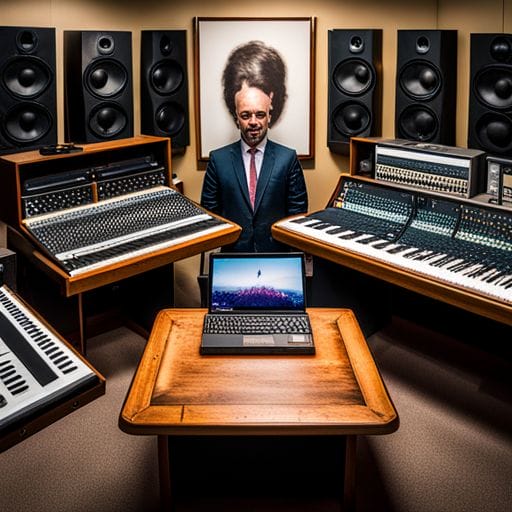The Difference Between Mixing And Mastering

Which is harder mixing or mastering?
Since mixing involves more individual elements, it can be considered more complex than mastering. With that in mind, that certainly doesn’t make it easier than the mastering process. Mastering and mixing can each take years of training to pin down, and oftentimes, the respective engineers never stop learning.
When it comes to producing a piece of music, there are two essential steps involved: mixing and mastering. While these processes share some similarities, they also have distinctive roles to play in turning raw sounds into a polished final product.
The Art of Mixing
Mixing is the process where individual tracks are blended together to create a cohesive piece. It’s about creating balance and emotion in a song. Therefore, the main objective of mixing is to make various instruments sound good together. This involves adjusting levels, panning instruments left or right, equalizing, compressing, and adding effects like reverb and delay [3].
Mastering: The Final Stage
While mixing focuses on the composition and balance of the individual components, mastering encompasses the overall vibe and sound of the entire song or project. During the mastering stage, efforts are made to balance the total sonic characteristics of a mix and enhance it to its fullest potential. This often includes adjusting overall levels, final equalization, dynamic control (compression), limiting, and sometimes adding some stereo enhancements. Moreover, it ensures the songs can hold up sonically on all types of listening systems and media formats [1].
Mixing vs Mastering
While mixing and mastering use the same basic set of tools such as EQ, compression, limiting, and others, the primary difference lies in their objectives. Mixing is about balancing the instruments, while mastering is about balancing the whole song or even the entire album. They both work together in harmony to create an excellent final product [2].
In conclusion, both mixing and mastering are integral processes in music production. Although they can be viewed as two separate tasks, they both have the same goal in mind, which is to create a polished and quality music project. So, whether you’re an artist, a producer or an engineer, understanding the key differences between these two stages can help improve the final product.
